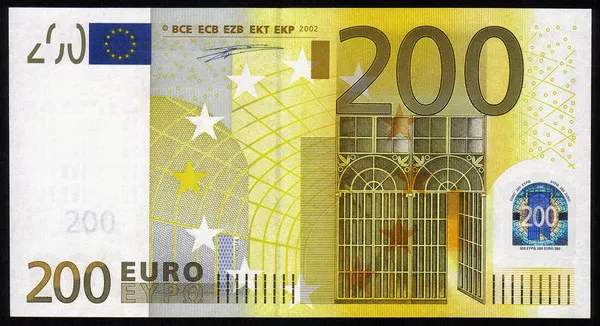It is the largest and most liquid financial market.
However, its marketing purpose is difficult for the uninitiated to understand.
Unlike stock markets, which are dedicated to facilitating listed companies to raise money from large numbers of retail investors, there are multiple uses.
The main purpose of the market is to meet the needs of exporters, importers and travelers.
Unlike the stock market, the money market is not a retail-oriented market.
For the stock market, retail investors are crucial.
For the foreign exchange market, retail investors account for no more than 5 per cent of the total market.
So money markets will continue to operate with or without retail investors.
For the following important functions that can promote the development of the national economy, the foreign exchange market is more important.
Let’s take a look at each one.
International trade exporters need to convert money received from foreign buyers into local currency.
Similarly, importers need to use their home country to buy goods from abroad.
In addition, large companies need to use dollars to set up branches, warehouses or factories in other countries.
Even mergers or acquisitions may require currency exchange.
Only the foreign exchange market can meet these requirements.
Financial Instrument settlement In many cases, payments are treated as financial instruments (cheques, demand drafts, letters of credit, international fund transfers, etc.) sent from one country to another.
Although the transaction process is very complex and may involve more than two banks, the foreign exchange market determines the exact amount that will be received by the receiving account.
If a loan from one country extends to a development project in another country, that country will often offer a better line of credit than the company involved in the project.
These instruments are also cleared through the prevailing exchange rate in the foreign exchange market.
Similarly, one country may like and buy debt instruments (such as US Treasury notes) issued by another country.
Alternatively, companies or ordinary retail investors can buy bonds issued by companies in other countries.
When such instruments are redeemed, the final amount recorded in the local currency depends on the prevailing exchange rate in the foreign exchange market.
Hedging When an exporter receives an order from another country, the product is not shipped immediately.
Therefore, the buyer will open a letter of credit to guarantee payment.
According to the terms of the contract, exporters usually deliver goods within 45 to 60 days.
At the same time, the domestic currency may rise or fall against the dollar.
This means that exporters may or may not know the actual amount of profit they intend to make when quoting a price for the final buyer.
In the worst case, exporters could even suffer.
To avoid such mishaps, exporters can lock in exchange rates by signing contracts with trading banks, which will hedge their positions and protect their interests through the foreign exchange market.
Capital bosses who buy riskier assets abroad are also hedging in currency markets.
It is important to note that when tensions rise between two countries, such as the US and North Korea, people will seek safe haven assets such as and.
Without a foreign exchange market, these trades would be difficult to complete in the short term.
Inflation control The central bank established in politically stable countries usually holds a large amount of (USD, JPY, Swiss franc, etc.) as.
These reserves are used to maintain economic stability.
When a country’s economy stabilizes, the central bank will decrease.
That would make its currency unattractive.
If necessary, the central bank will intervene in the foreign exchange market (selling the local currency and buying the reserve currency) to ensure that the local currency remains depressed.
A weaker currency will keep export industries competitive.
Moreover, liquidity will rise with low interest rates, boosting consumption.
This will boost economic growth.
When inflationary pressures start to build, the benchmark interest rate will be raised.
This will increase the attractiveness of the domestic currency.
If necessary, the central bank will also intervene in foreign exchange markets (buying local currency and selling reserve currency) to ensure that the local currency remains strong.
When liquidity is tight, businesses and individuals will think twice about spending.
This will prevent the economy from overheating.
Therefore, if necessary, the central bank can use the foreign exchange market to boost or weaken the currency and ensure the smooth operation of the economy.
Without foreign exchange markets, there is no correct mechanism to decide, and the world economy will stagnate.
In addition, it will lead to massive currency manipulation by some countries, leading to major imbalances in the world economy.
Therefore, the importance of the foreign exchange market is self-evident.
Hawkish Fed and Omicron jockeyed for market position as U.S. crude oil opened down nearly 3 percent to hit a new two-week low.
Please pay attention to the specific operation, the market is changing rapidly, investment needs to be cautious, the operation strategy is for reference only.


























